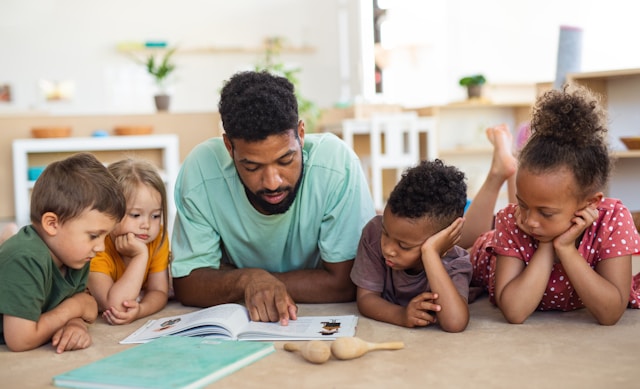
Bridging Generations: The Power of Intergenerational Programs
In an age where societal shifts and technological advancements often widen the gap between generations, intergenerational programs emerge as a beacon of hope, fostering understanding, respect, and cooperation among young and old. These initiatives, designed to bring together individuals from different age groups, aim to break down stereotypes, encourage mutual learning, and create a sense of community and belonging. By exploring the benefits and highlighting examples of successful intergenerational engagement, this article underscores the importance of such programs in promoting societal cohesion and enriching the lives of participants across the age spectrum.
Understanding Intergenerational Programs
Intergenerational programs are structured interactions between members of different generations, aiming to achieve specific outcomes that benefit both groups and society as a whole. These programs can take various forms, including educational partnerships, shared living arrangements, community service projects, and cultural exchange activities. The core of these initiatives is the reciprocal sharing of knowledge, skills, and life experiences, fostering a deeper understanding and appreciation across generational divides.
Benefits of Intergenerational Engagement
- Combatting Loneliness and Isolation: For many elderly participants, these programs provide a vital connection to the wider community, reducing feelings of loneliness and social isolation. Younger participants also benefit from the sense of belonging and mentorship these interactions foster.
- Breaking Down Stereotypes: By facilitating direct contact and communication, intergenerational programs challenge preconceived notions and stereotypes about different age groups, promoting a more inclusive and understanding society.
- Enhancing Learning and Skill Development: These programs offer unique learning opportunities, with older adults sharing their wisdom and life experiences, and younger participants contributing fresh perspectives and technological savvy.
- Promoting Emotional and Psychological Well-being: Studies have shown that intergenerational engagement can have positive effects on the emotional and psychological health of participants, enhancing self-esteem, happiness, and life satisfaction.
- Strengthening Community Bonds: Intergenerational programs build stronger, more cohesive communities by encouraging collaboration and mutual support among residents of all ages.
Examples of Successful Intergenerational Programs
- Educational Partnerships: Programs that pair older volunteers with students to support reading and literacy efforts not only improve educational outcomes but also foster meaningful bonds between generations.
- Shared Housing: Innovative housing solutions that offer reduced rent to college students in exchange for spending time with elderly residents promote shared living and learning experiences, benefiting both groups.
- Community Gardens: Intergenerational community gardens encourage cooperation in nurturing plants, sharing agricultural knowledge, and enjoying the fruits of collective labor, fostering a connection with nature and each other.
- Technology Workshops: Workshops where young people teach older adults how to use smartphones, social media, and other digital tools help bridge the digital divide and facilitate closer connections with family and friends.
Moving Forward
The success of intergenerational programs depends on thoughtful planning, clear goals, and a commitment to fostering genuine relationships between participants. As these initiatives grow, they highlight the untapped potential of leveraging the strengths and assets of each generation to address societal challenges.
In a world often focused on the differences that divide us, intergenerational programs serve as a powerful reminder of the commonalities that bind us. By valuing the contributions of all ages, society can harness the collective wisdom, energy, and creativity needed to build a more connected, compassionate, and inclusive future.

